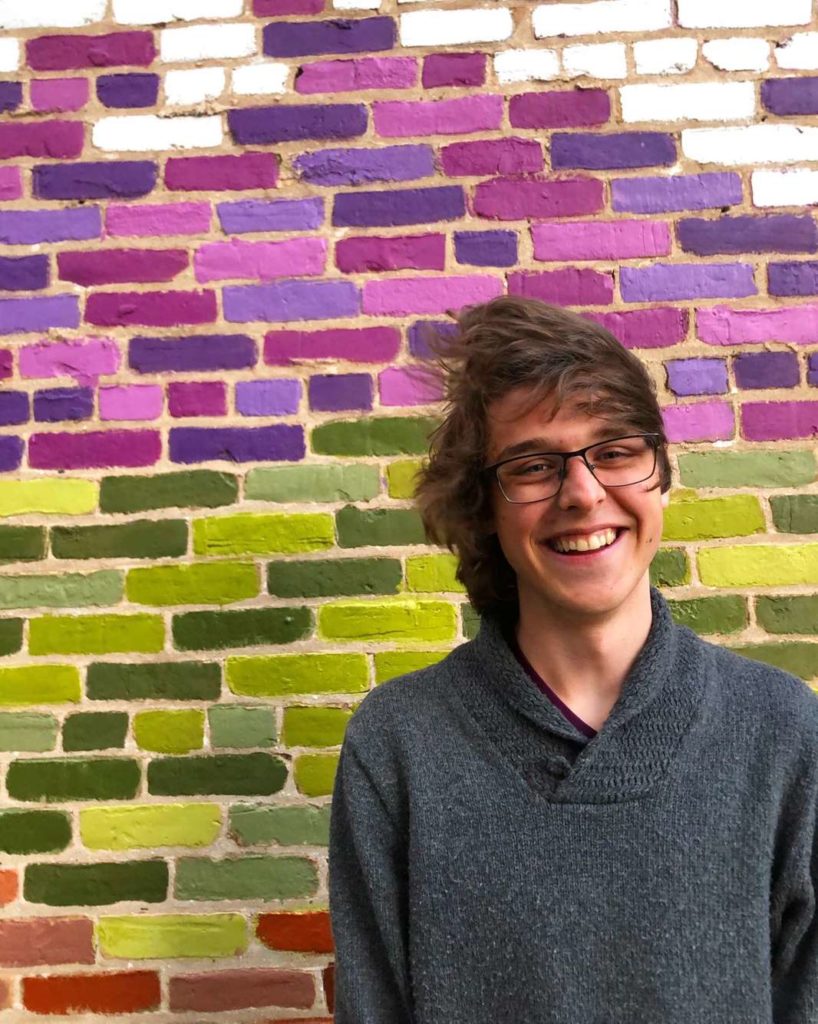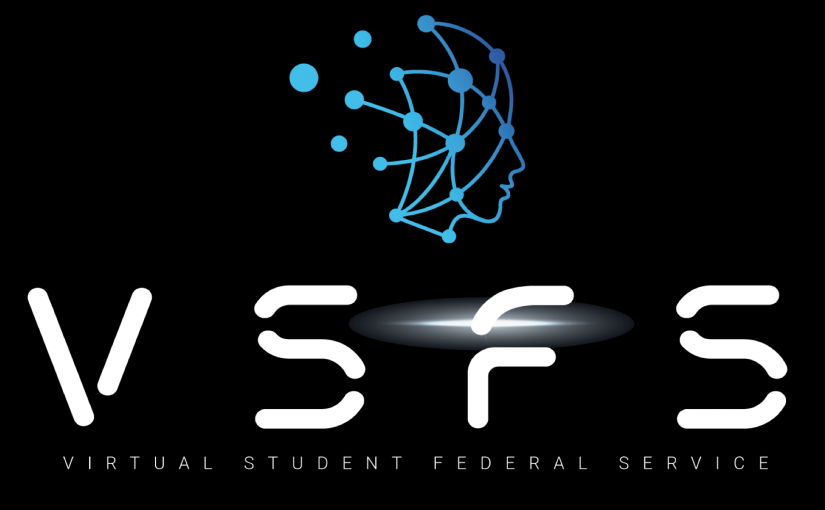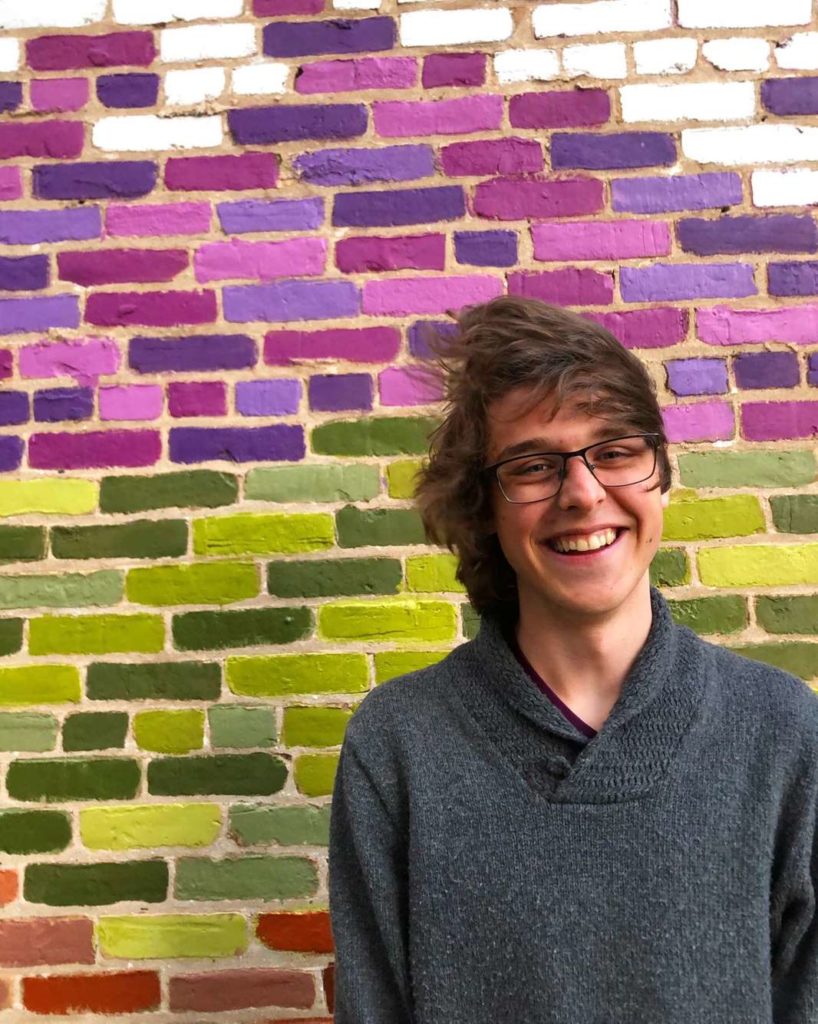If you are applying for a Foreign Service Officer position with the United States Department of State, there is a good deal of testing involved in the application process. One of the tests is the Consular Fellows Program Language Test. The Consular Fellows Program Language Test is a language screening test administered by the Foreign Service Institute’s Division of Language Testing and Assessment (FSI). It is the second stage of the application process for candidates who have passed the Qualifications Evaluation Panel (QEP). The test is used to assess a candidate’s proficiency in Mandarin, Spanish, Arabic, or Portuguese.
The following account of taking the Consular Fellows Program Language Test was written by former Lawrence student.
“This is my experience taking the Consular Fellows Language Test. Disclaimer: I took the test in late September of 2022, so it is possible that the test structure may have changed by the time you are reading this. I am writing this for you because when I was preparing for my Language Test, there were very few resources out there to get me familiar with what the test was like. Hopefully, you will find this helpful.
To begin, you will meet two people during the test, one test proctor and one native speaker of the language you are testing for. You will be talking with a native speaker most of the time, the test proctor will give you directions in English and you direct any questions you have about the test to them.
Speaking Test (30 Minutes)
The Speaking Test is technically an OPI (Oral Proficiency Interview). Information on the OPI can be found here. The test is broken up into three parts (the warm-up, discussion, and interview of the tester). It is important to mention that in the test: What you say does not really matter, all that matters is that you can say whatever it is you are saying. Try not to say anything in your native language, only speak in your target language. The Speaking Test is only concerned with that and how you communicate in your target language. So, you could technically lie in all your answers, just as long as all that you are saying is grammatically correct and in your target language.
Part 1: Warm-up
The State Department description is, “The examinee and tester have a discussion centered on biography, current events, or other topics.” That description is accurate to my experience. The native speaker asked me to introduce myself. You can include details like where you go to school, what you study, recent travels, hobbies, etc. Note: Anything you mention here, even in passing, can be taken by the native speaker and they will ask you to expand on the thing you mentioned. Just make sure that with anything that you say, you are prepared to talk about it further and in your target language.
Part 2: Discussion
The State Department description is, “Discussion prepared and presented by the applicant, from a list of topics presented to the applicant.” From my experience, the title “Discussion” is misleading, Part two was much more like an oral presentation. You get 7 minutes (or so) to talk about/make a case about a topic of the test proctor’s choosing. This is not a discussion; it is a speech you think up on the fly. The test proctor will tell you the topic and give you a couple of moments to think about a response, then you will have to present whatever it is you want to say about the topic. Topics like politics, climate change, a recent international economic catastrophe/success, and any general global event all are fair game to be asked to talk about. After my test, I asked the test proctor if you were presented with a topic you have no knowledge of, can you ask to get a new topic. And unfortunately, you cannot. So, during Part two, just work with what you have and what you know.
Part 3: Interview the Tester
The State Department’s description is, “You get the chance to interview the tester.” That description is accurate to my experience. The test proctor gives you a topic to ask the native speaker questions about. After the native speaker is done answering, the test proctor will ask you to report back to them (in English) on what the native speaker said.
The Reading Test
You get to read two passages (each about one page in length) You get 12 minutes per passage to read, and you can take notes during this time. After your reading time is up, the test proctor will ask you to tell them about what you read. Here, say everything you know about the passages. The two passages will be on topics pertaining to the country/countries where your target language is spoken, like a social phenomenon, current events, modern politics, and the state of that country’s economy.”
How to Prepare for the Test
● Brush up on vocab words you might need to know or that you might want to use during the speaking test
● Get used to reading the news in your target language
● Read up on current events (in English and your target language) to prepare for the speaking test
● Speak in your target language as much as possible. Talk with a friend in that language, and talk to yourself in that language
● Listen to your target language as much as possible. Listen to music in that language, watch movies/TV shows/the news from countries that speak that language
● Make an appointment to do a practice OPI. Ask your language teacher to sit down with you and do a practice OPI or just have a conversation in your target language
WORKS CITED:
https://www.boxyk.com/foreign-service-1/2022/12/12/the-qep-where-most-applications-go-to-die
https://www.languagetesting.com/oral-proficiency-interview-opi
https://www.languagetesting.com/pub/media/wysiwyg/manuals/opi-examinee-handbook.pdf



